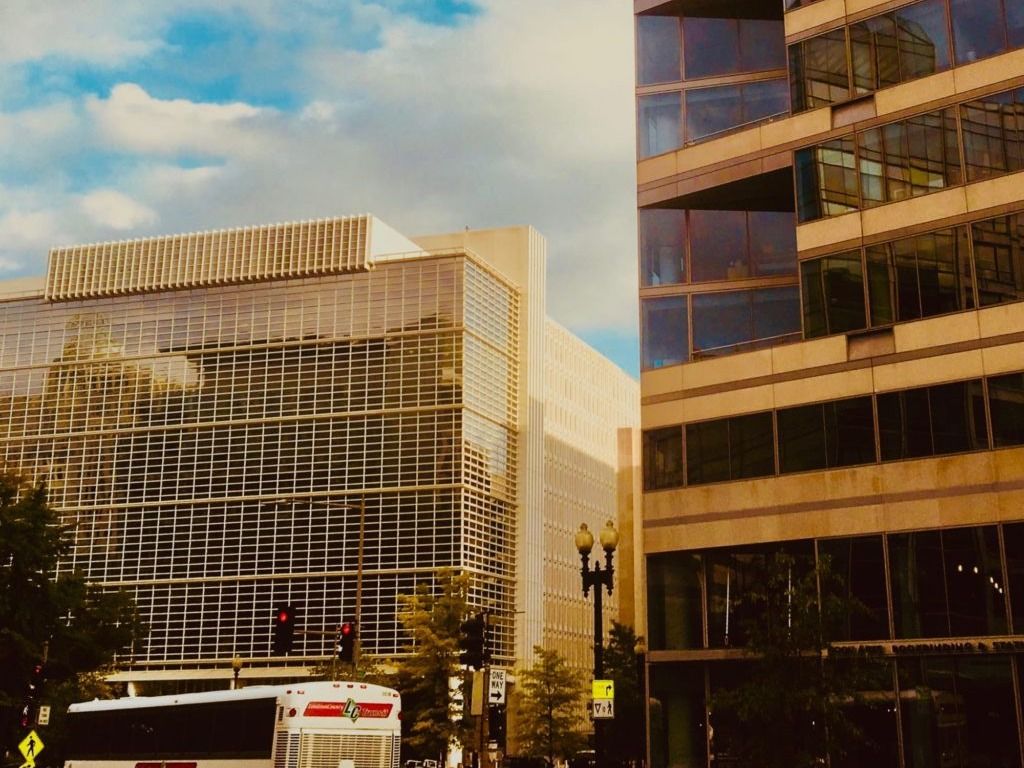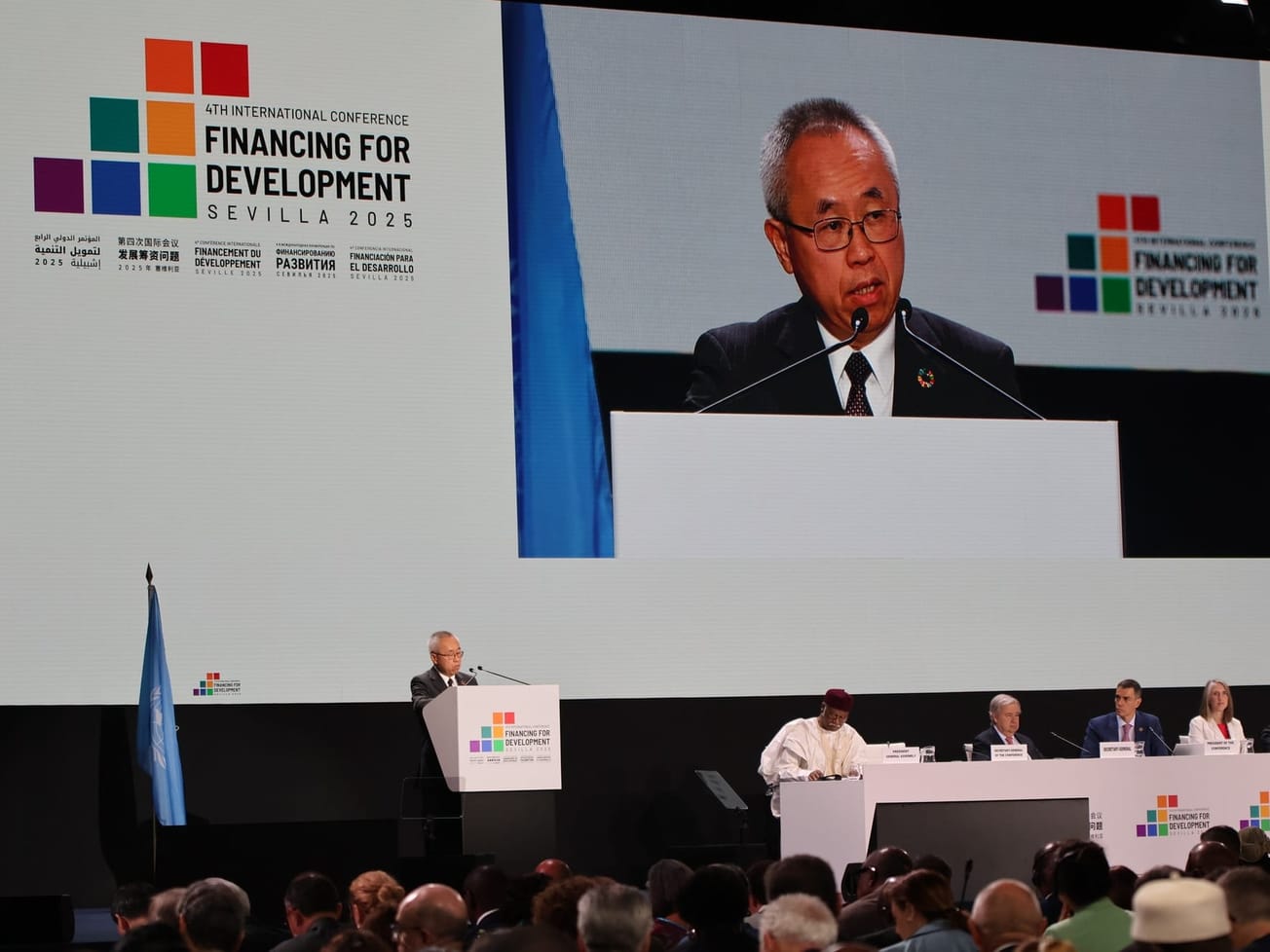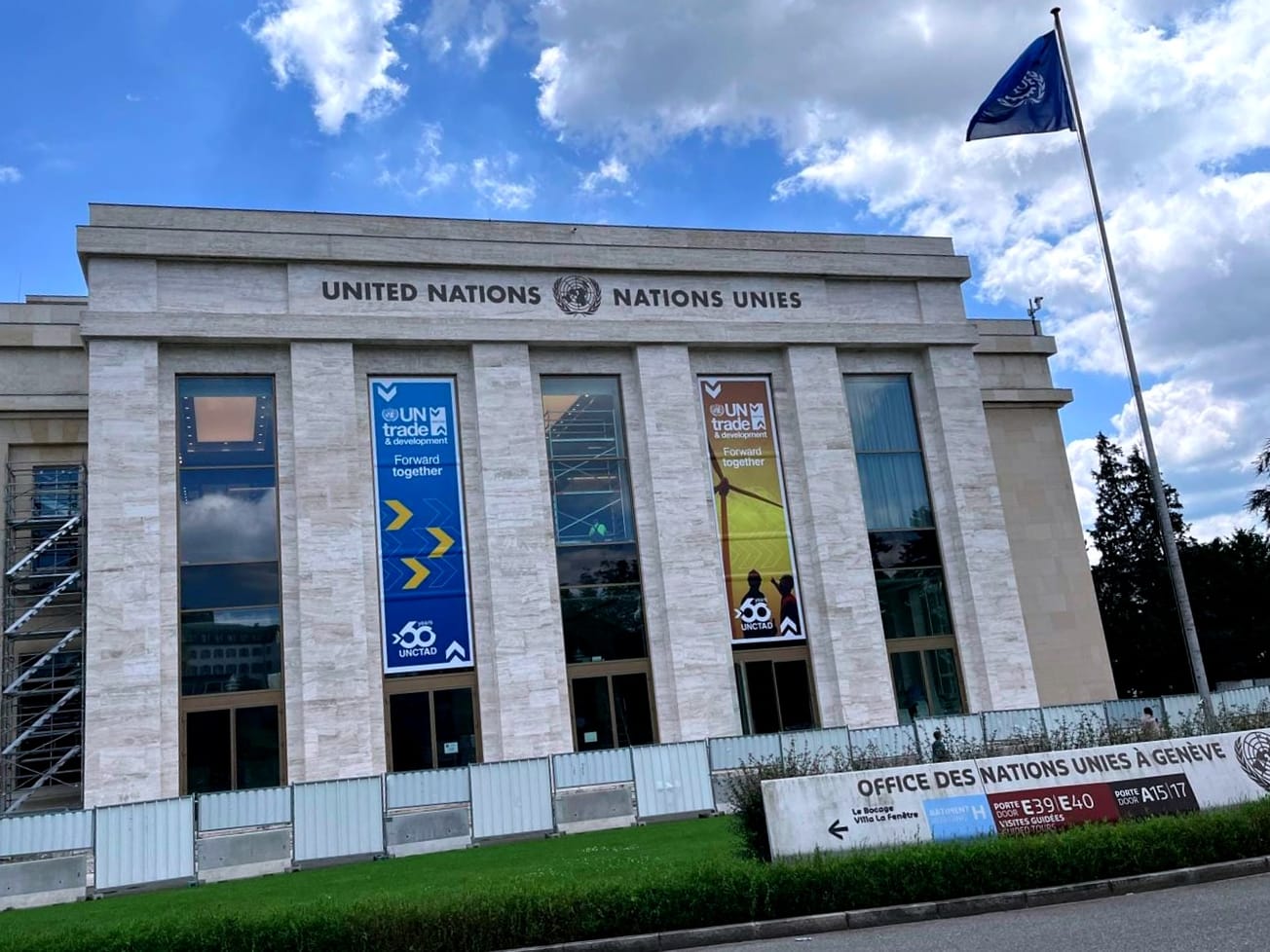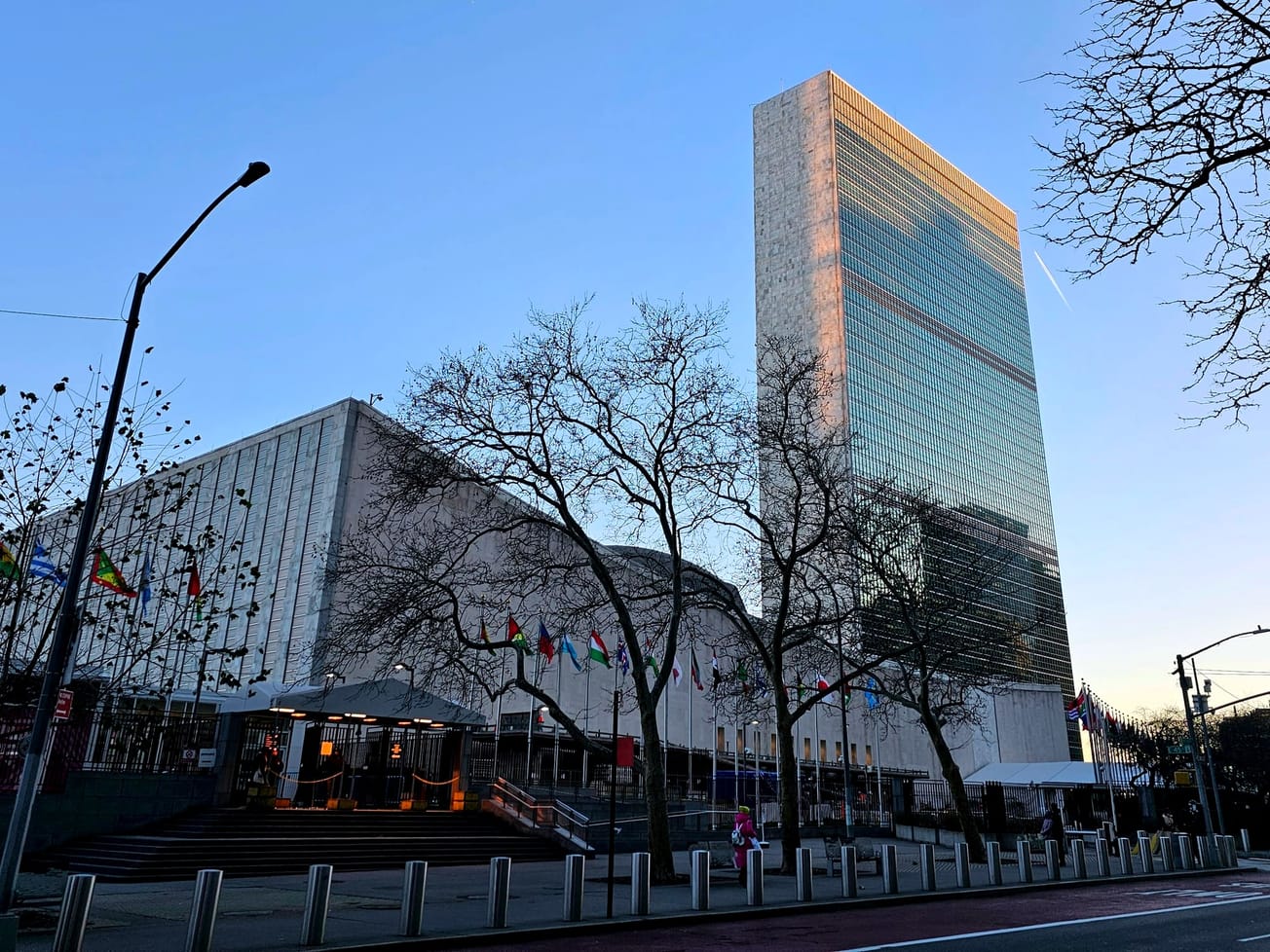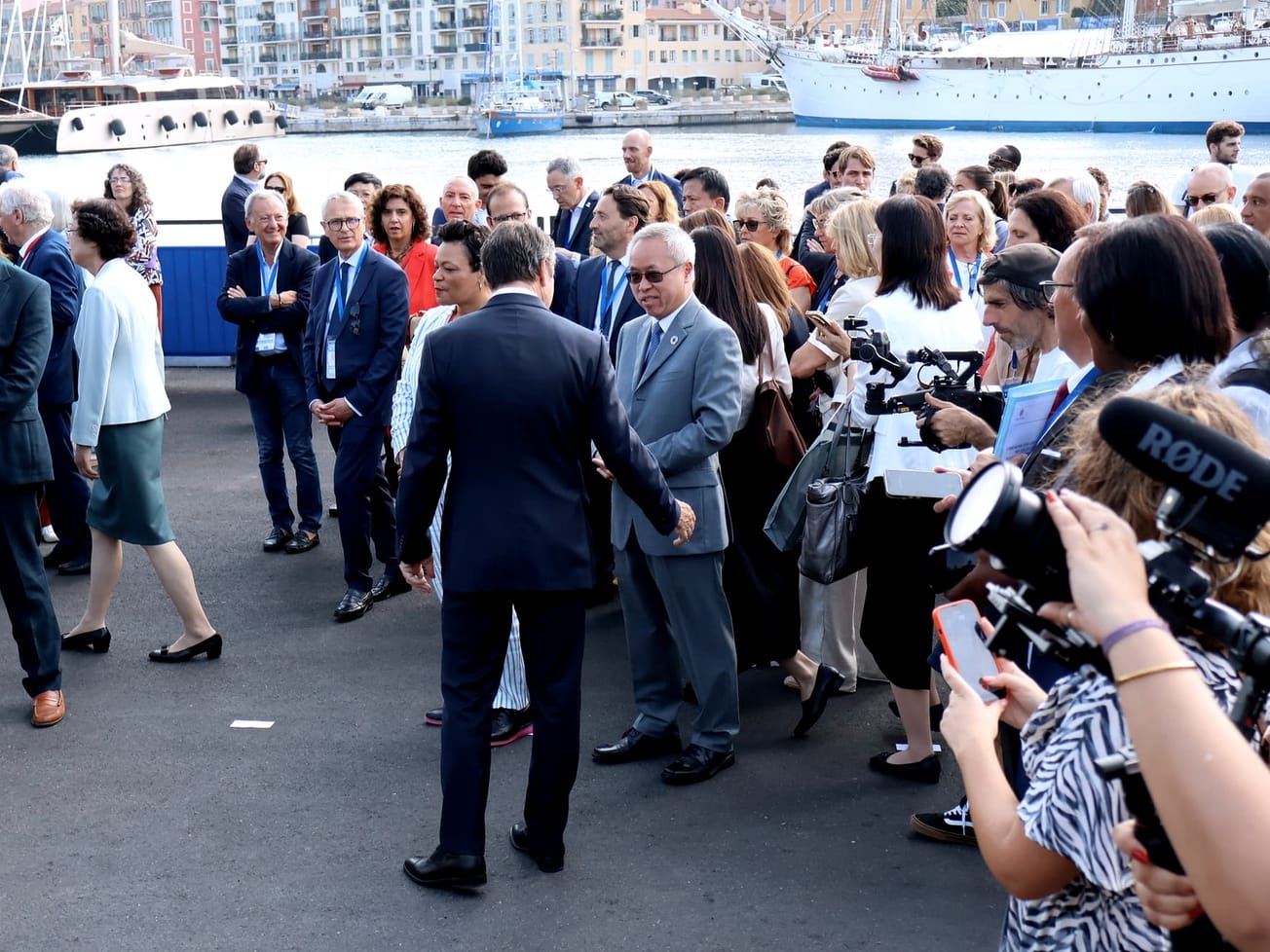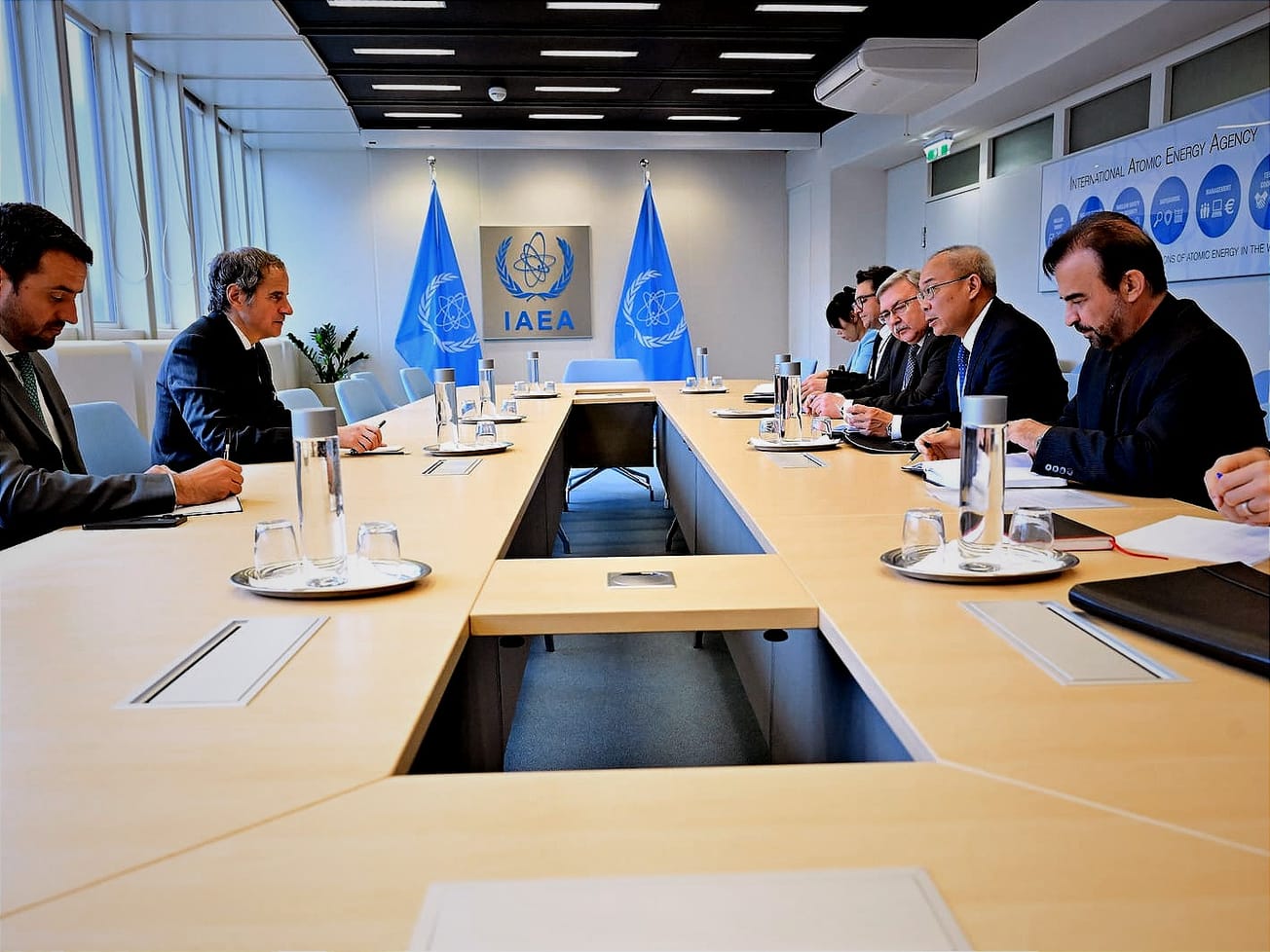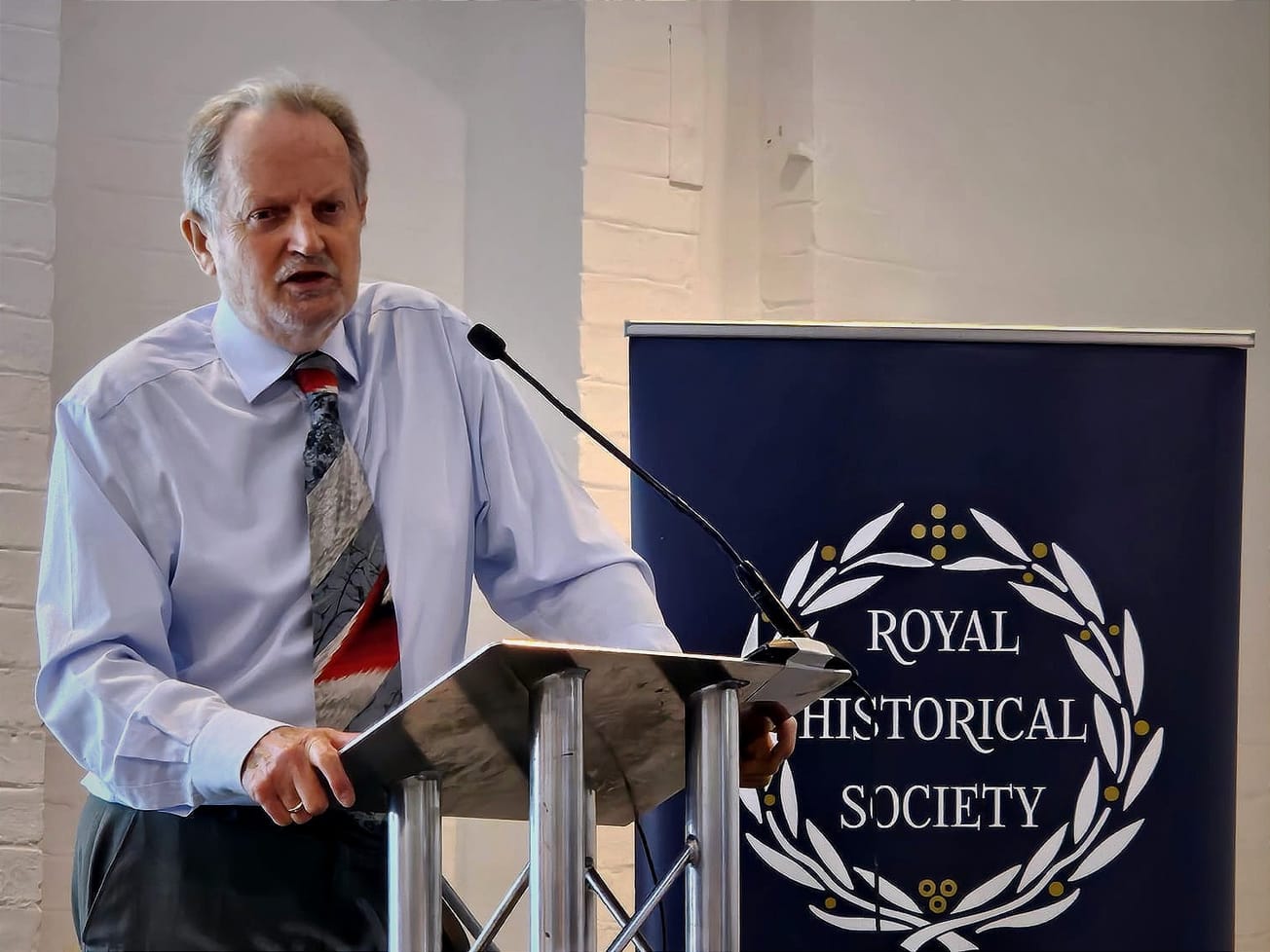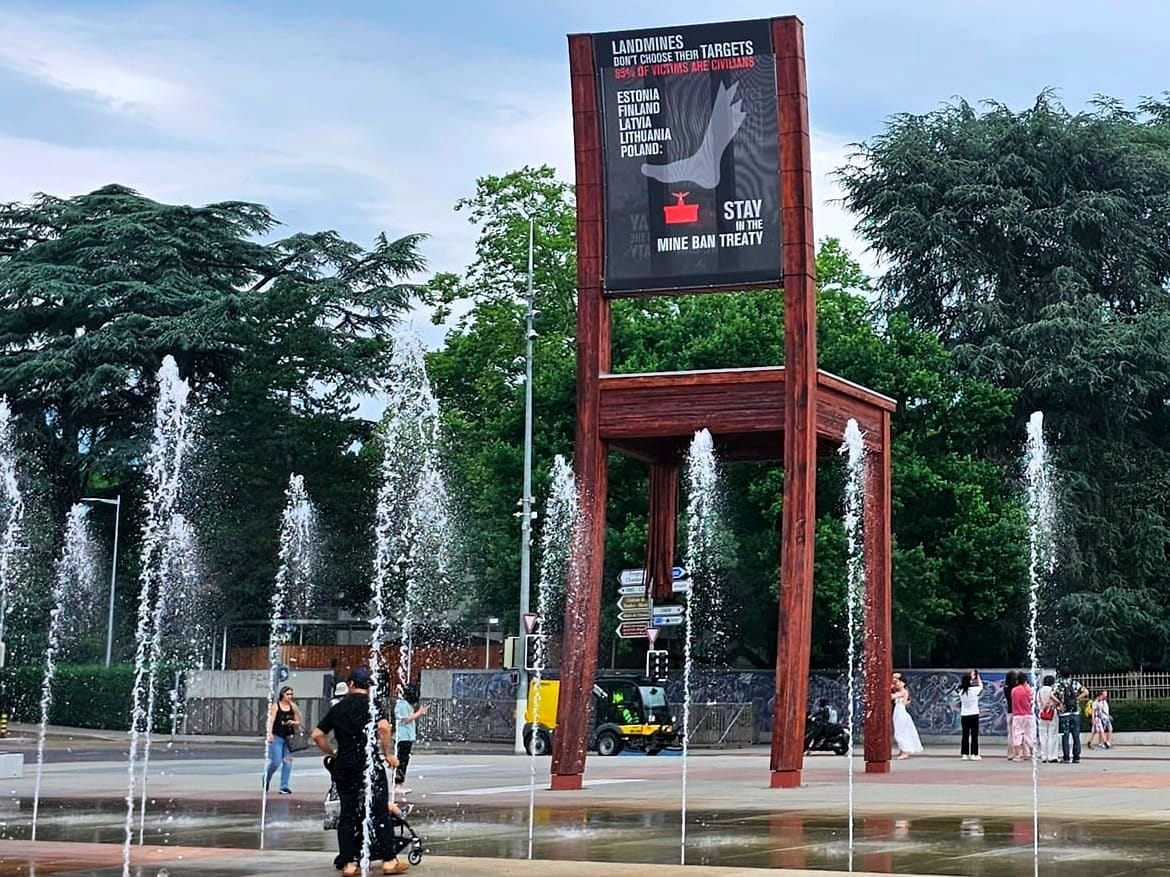WASHINGTON (AN) — The World Bank and International Monetary Fund opened their fall meetings to survey a global development landscape beset by a slowing world economy, U.S.-China trade war, and urgent climate threats spotlighted by the plight of small island nations.
Ahead of the meetings in Washington, which began on Monday and run through next Sunday, the heads of the two international organizations, each with 189 member nations, set the stage with speeches on major challenges the world faces. The meetings include a plenary session, regional briefings, press conferences, and talks among the World Bank-IMF development committee and IMF international monetary and financial committee.

